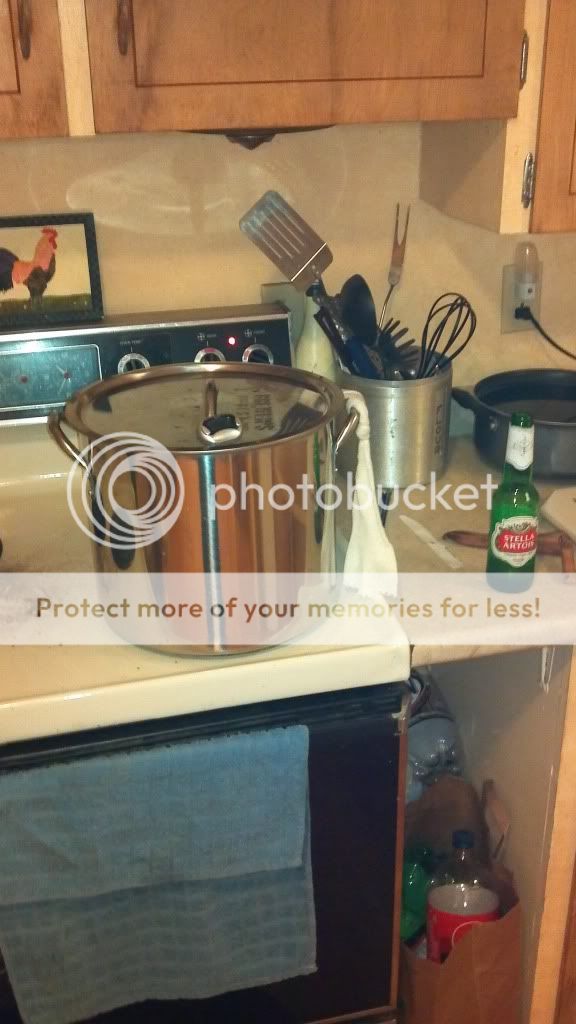Candy thermometers are generally set for much higher temperatures. A lot of the liquid column candy thermometers won't even register until 200 degrees F or higher.
The thermometer you've got will work for stab & test, but you won't be able to leave it in the wort. It might be a good idea to do a quick boil test on the stove to see where it reads.
The thermometer you've got will work for stab & test, but you won't be able to leave it in the wort. It might be a good idea to do a quick boil test on the stove to see where it reads.

